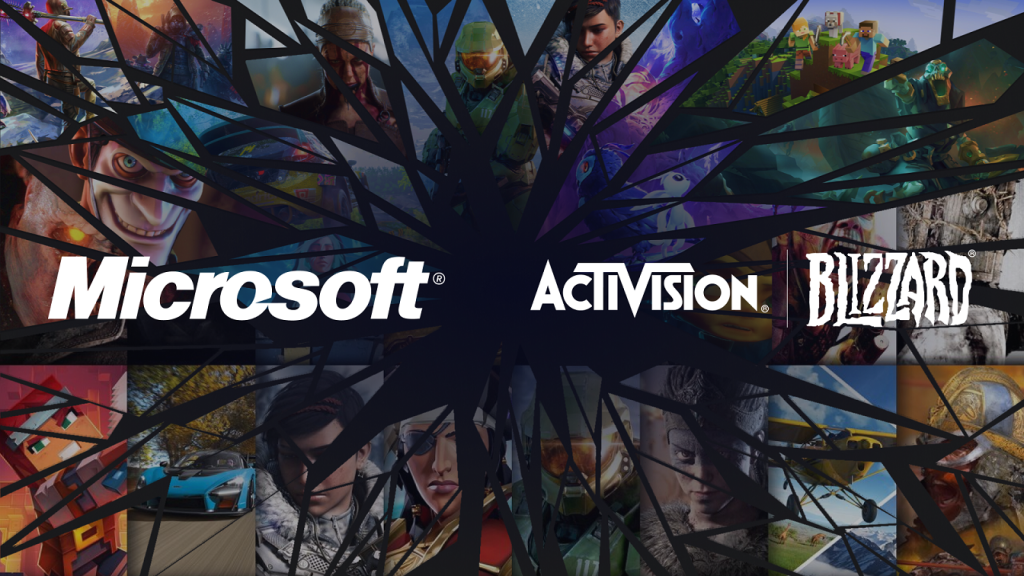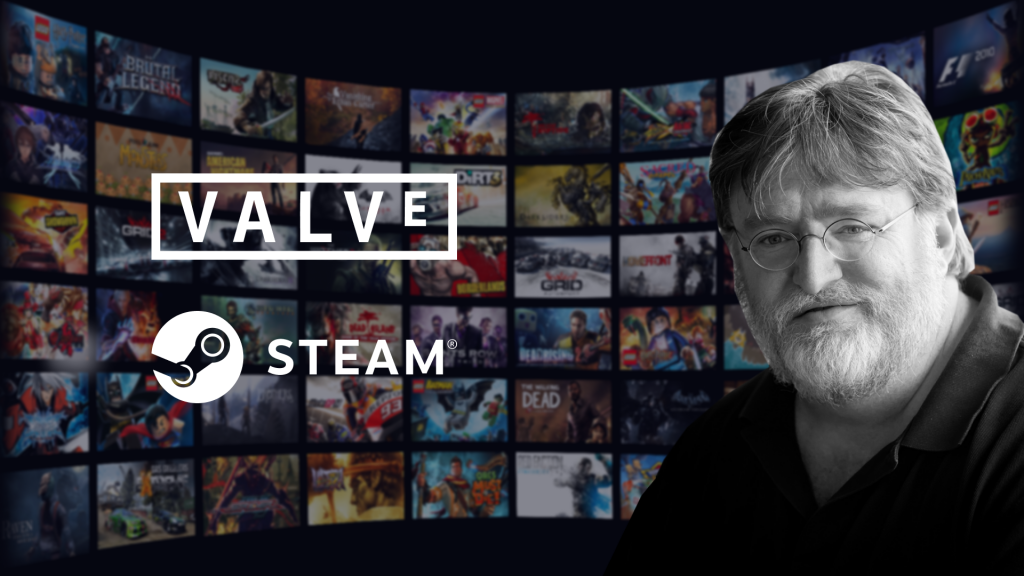Recently, Microsoft said it would acquire Activision Blizzard in a multi-billion-dollar transaction. This deal has propped up fears of anti-competitive behavior as the two businesses join forces to become one gigantic business.
However, is that really how businesses work?
In this article, I’ll focus on one key point:
Businesses are a dime a dozen; ideas are everywhere. It’s what you do with those ideas that matters — it’s all about execution.
Microsoft Acquires Activision Blizzard
In an article published by Microsoft, the company broke out the news that it would acquire Activision Blizzard for $95 per share in an all-cash transaction valued at $68 billion this year. When this deal closes, Microsoft will become the third-largest gaming company by revenue.

This deal is interesting for many reasons.
For one, Activision Blizzard is a huge game manufacturing company, while Microsoft builds the highly popular Xbox gaming console. Microsoft also produces many games for Xbox.
Pause for a second and let this sink in: a massive game manufacturer like Activision Blizzard is joining forces with a company that manufactures gaming consoles.
They’re going to create a huge juggernaut in the industry.

While the acquisition sounds like exciting news, many people are worried about it. Some of the iconic franchises produced by Activision Blizzard include Warcraft, Overwatch, Call of Duty, and Candy Crush. The company itself has around 10,000 employees. Meanwhile, Microsoft is one of the biggest tech corporations in the world.
Given this, some people are pointing toward anti-competitive behavior and similar things.
Gabe Newell and Valve’s Outlook
However, Gabe Newell — the founder and CEO of Valve Software, which produces several games such as Counter-Strike and owns the highly popular Steam marketplace — shares a more positive opinion on the deal.
Here’s what he thinks about the acquisition:

Notice how positively Newell looks at the transaction.
He’s not looking at competitors.
He’s not having any worries about anti-competitive behavior.
Instead, he’s looking at the deal with respect and essentially ponders on how they can make better products for their customers and partners.
Moving on, Newell also says the following:

Here, Newell brings up another interesting point.
Consider startups and businesses that try to hide and shield their ideas — they worry that once their concept gets out and into the marketplace, someone will take it from them.
As a result, they feel the need to lock it down behind massive vendors and contracts or use lawyers.

But that’s not what Newell is doing with regard to this gigantic acquisition.
Simply put, Microsoft and Valve have built a relationship over the years, and Newell trusts them to execute plans well. No long-term commitment necessary.
Newell is essentially saying that a contract is only as good as the intention of the other party.
Execution is What Matters
Meanwhile, Newell and Valve are more focused on the execution of their pieces.

They don’t care that Microsoft and Activision are coming together. Instead, they’re more focused on what they’ll produce in the gaming marketplace in light of the acquisition.
How does this relate to startups and SaaS products?
In the SaaS products world, you’ll see plenty of people sharing their ideas. If you have an idea, you want to get those ideas out to the public and show them to people who can give you feedback.
In other words, you shouldn’t shield your idea — don’t hide it from people. Show it to the world, and let users use it.

Making others sign contracts and NDAs and putting your ideas behind a paywall won’t help you expand and receive feedback. And if you want your business to flourish, people have to understand your idea very simply in 20 to 30 seconds.
What if others copy your idea?
Here’s my answer: if your idea is so easy to copy, then what’s its real value in the business you’re building?
The Bottom Line
In summary, whenever you have an idea for a business or a concept product, think about what Newell and Valve would do. While contracts are truly important, it’s better to get your idea out there.
Focus on getting the best product into the market and receiving feedback from your customers. Ultimately, what matters isn’t the business idea itself, but the execution of that business idea.





